Conservation of ex- situ gene pool
IGZP is working tirelessly with a vision to develop self-sustaining, genetically and behaviorally viable populations of endangered animal species in order to use them as an ex-situ gene pool in long term conservation. We also work towards seeking support of the visitors and public at large through participation in these efforts of wildlife conservation.
Indira Gandhi Zoological Park, Visakhapatnam has been breeding many rare and endangered species since many years. The present breeding success this year was in Dholes. Dholes have been breeding successfully for the last few years. A study on the social and reproductive behaviours of dholes revealed that the presence of sub-ordinate female is quite critical in the up-bringing of pups since they play a crucial role during early pup development. The growth of Dhole Population in Vizag Zoo is quite encouraging and very satisfactory. The population of Dholes saves reached 19 Nos. which is probably
Efforts are on to introduce new blood in the present stock for rejuvenating the genetic profile of the species. The successful breeding of White Tigers in the Zoo contributed to attract more visitors over the years. Other species like Gaur, Nilgai, Jackal, Grey Jungle Fowl, Porcupine, Painted Storks, Grey Herons, Sambars, Black Bucks, etc. have also been breeding successfully in the Zoo.
The Asiatic Wild dog or Dhole (Cuon alpinus) belongs to the order Carnivore and family canidae. Destruction of natural habitat, hunting has reduced the wild populations to the verge of extinction. This endangered species have been placed under Schedule-I of the Wildlife Protection Act, 1972.
For conservation and breeding this species, Indira Gandhi Zoological Park, Visakhapatnam, Andhra Pradesh, India started with one male, two females and one pair of pups (1:1) which were fell into the open moat of the Vizag Zoo enclosure in 1992 & 1994 respectively.
The natural environment provided at Indira Gandhi Zoological Park (IGZP), Visakhapatnam has gives breeding success which may set an example for other zoos in the country.
IGZP is one of the foremost zoos in the country which had been regularly breeding Dholes in captivity. It had taken up Dholes as a focal species and efforts had been put in to acquire animals from different genetic lineages. Currently the zoo has four established packs from three different lineages and efforts are put in to get non related individuals from Arignar Anna Zoological Park (AAZP)/Mysore zoo. The present stock of wild dogs is (32:16) in IGZP.
“Humankind must learn to understand that the life of an animal is in no way less precious than our own.” “There may be days when I can’t help an animal in need, but the day will never come that I won’t try.” “Wildlife in the world can only be protected by the love of compassionate hearts in the world!”
The IGZP, Visakhapatnam has the history of breeding of Wild dogs in captivity with wild captured specimens from 1992 onwards till 2006 with the stock of 12 (6:6). In the year 2006, Indira Gandhi Zoological Park, Visakhapatnam has got sanction of the Small Grants Fellowship for initiating research activities from Central Zoo Authority, New Delhi with an objective “to study the reproductive biology, breeding behavior, enrichment needs of the Wild dogs in captivity and observation on growth and cub development in captivity”.
Indira Gandhi Zoological Park, Visakhapatnam is one of the Zoos in the country identified by Central Zoo Authority to take up planned coordinated conservation breeding of endangered Asiatic Wild dogs in captivity with certain recommendations for Conservation breeding initiatives.
Indira Gandhi Zoological Park is the 1st Zoo in India to have the off display conservation breeding facility exclusively for Wild Dog (Dholes). Considered “Endangered” by IUCN and Protected under Schedule II of Wildlife Protection Act of 1972. Initiated with 5 numbers, successful captive breeding has resulted in _____ so far. These Wild Dogs are used for exchange programs to procure new inmates from zoos across India. Some packs are planned to be released into the wild as per IUCN Protocol.
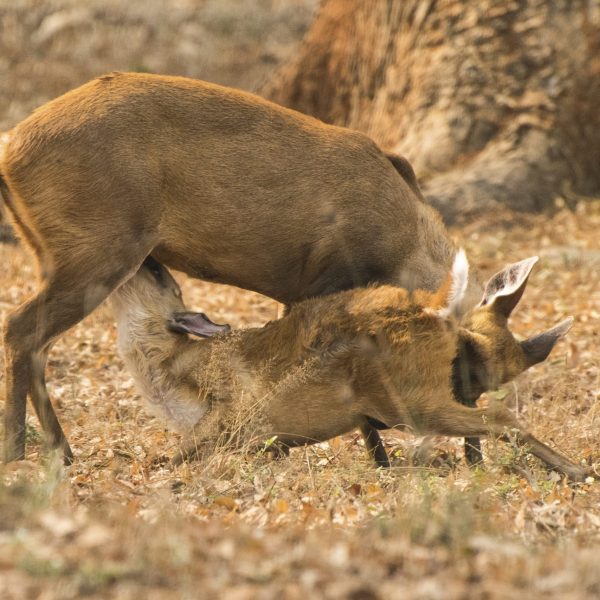
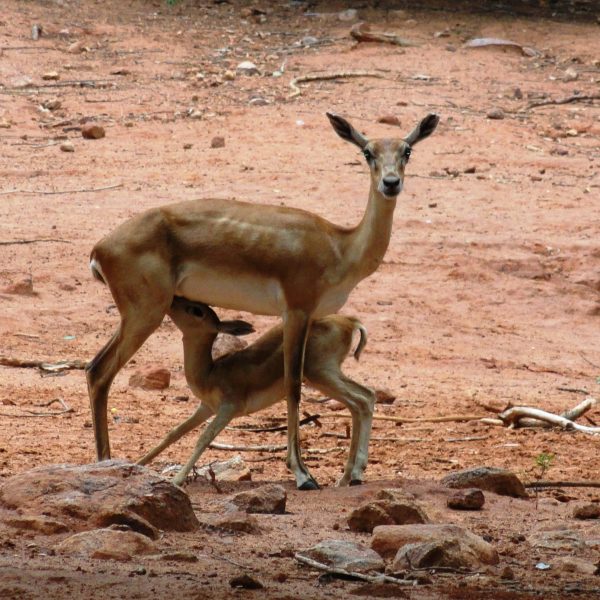
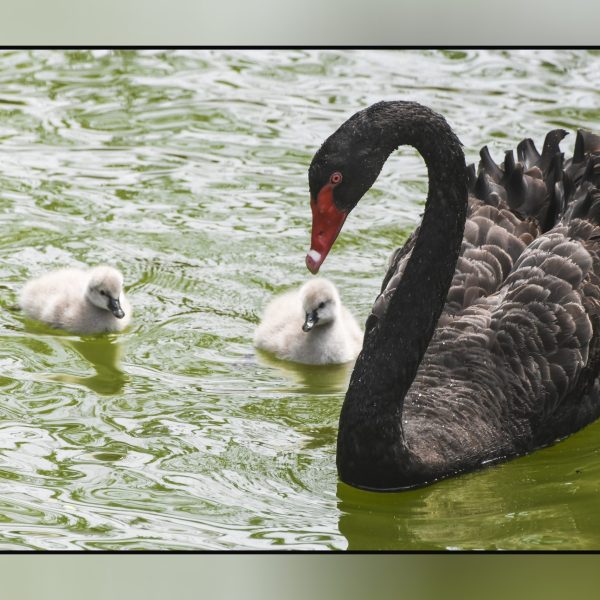
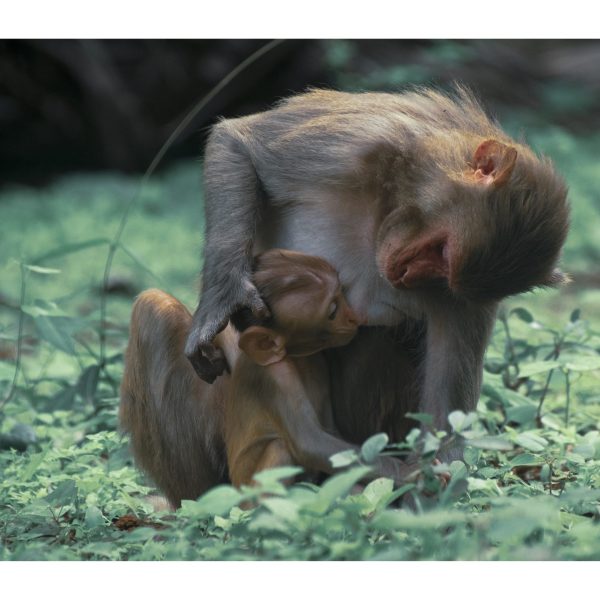
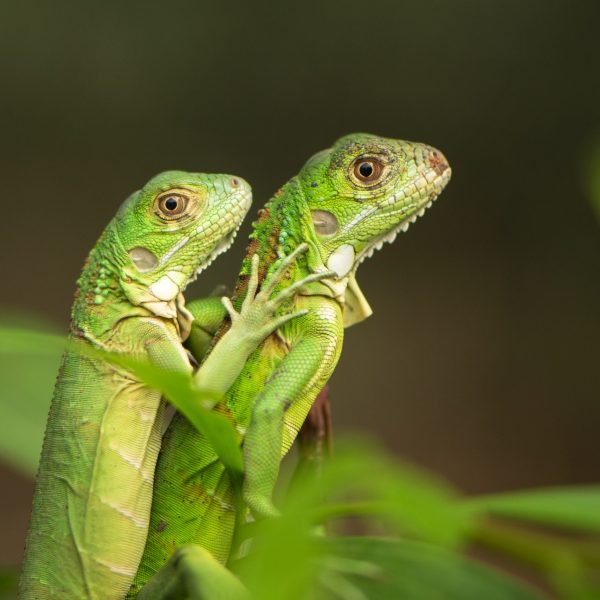
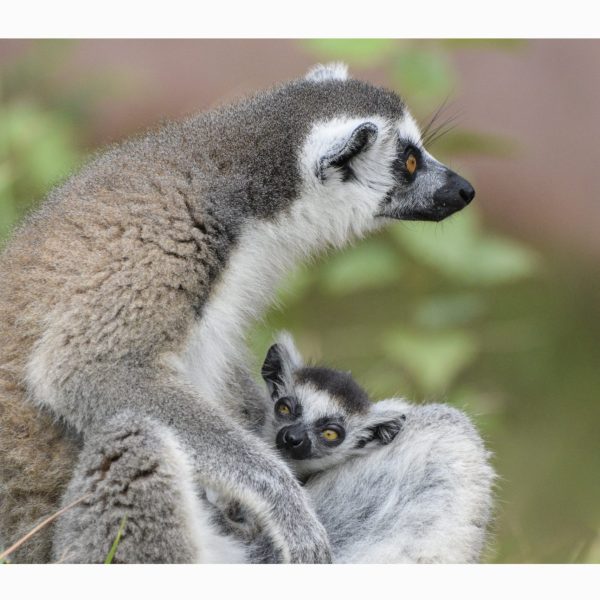
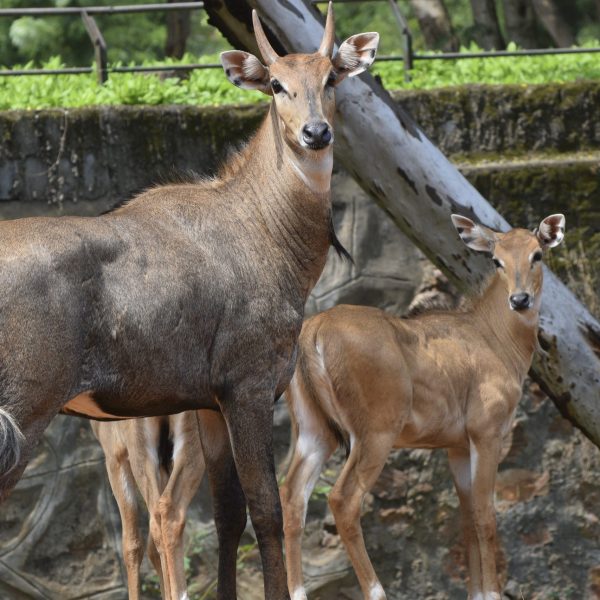
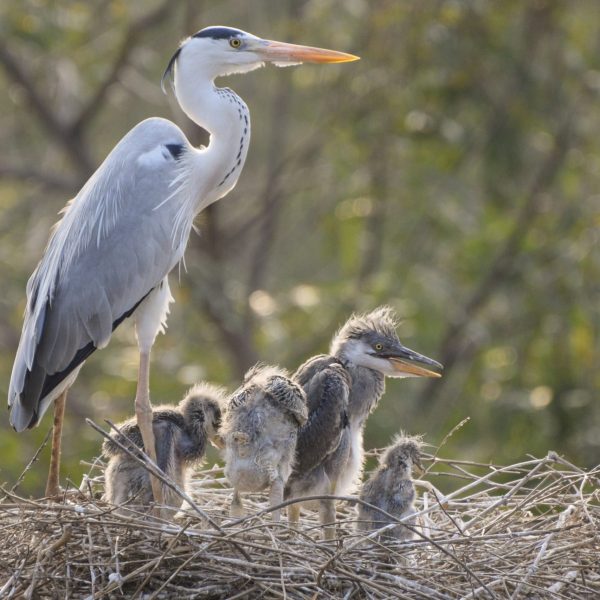
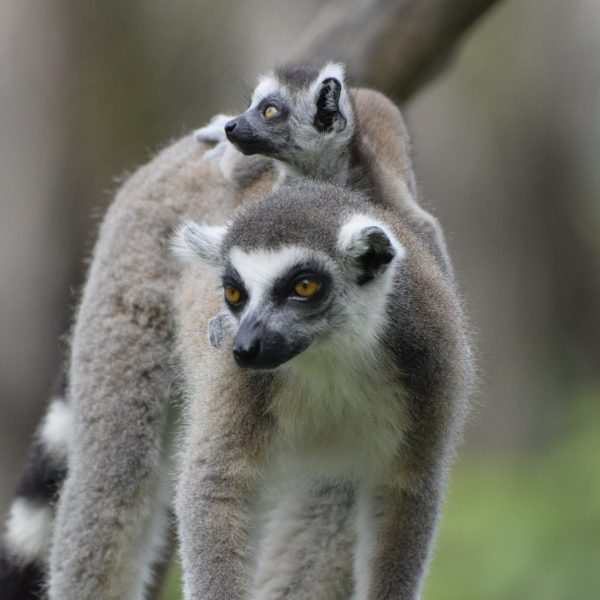
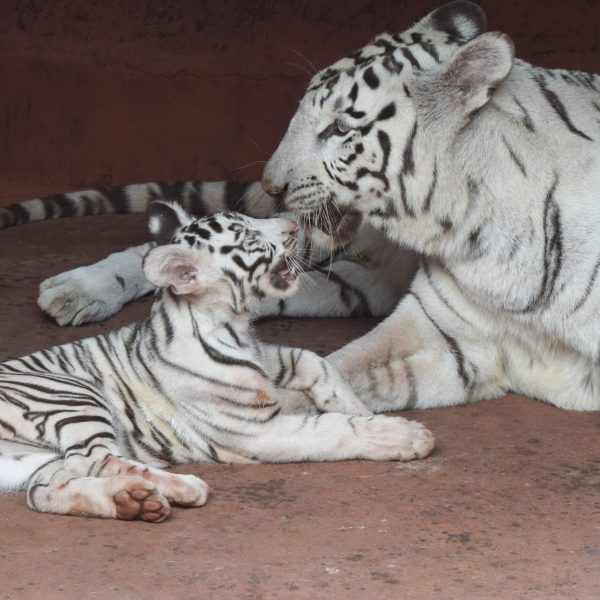
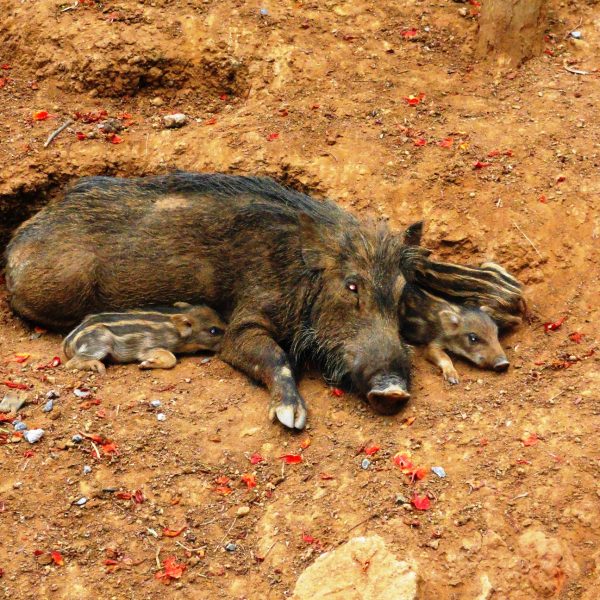
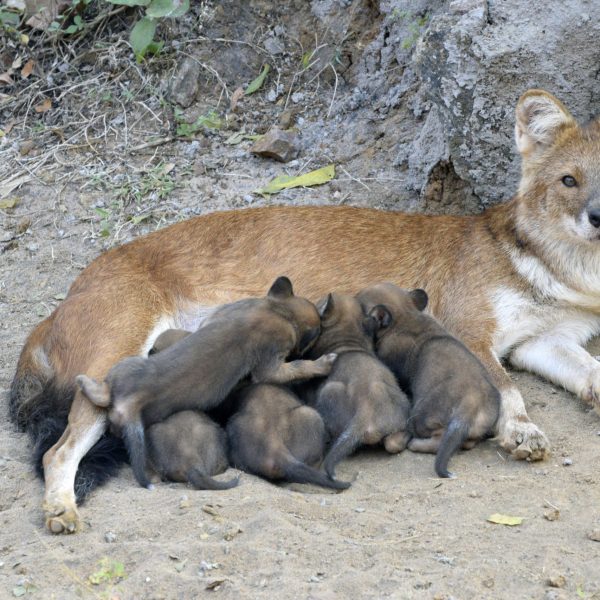
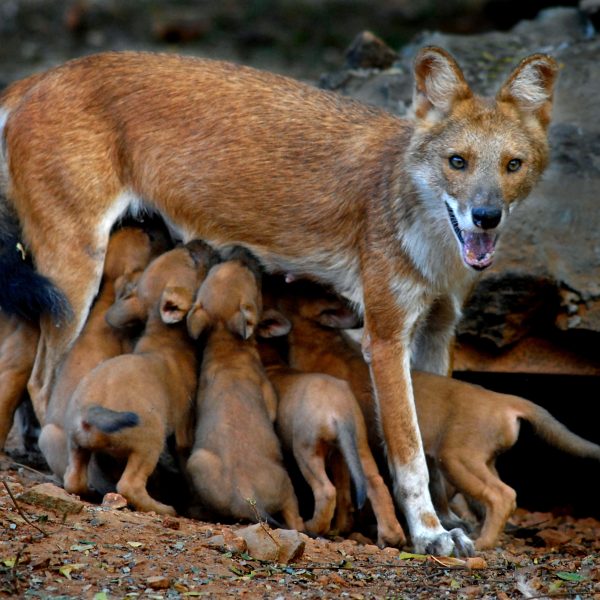
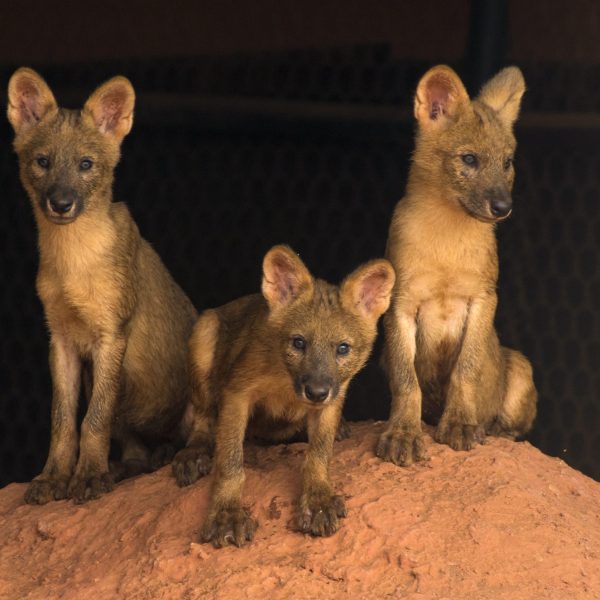
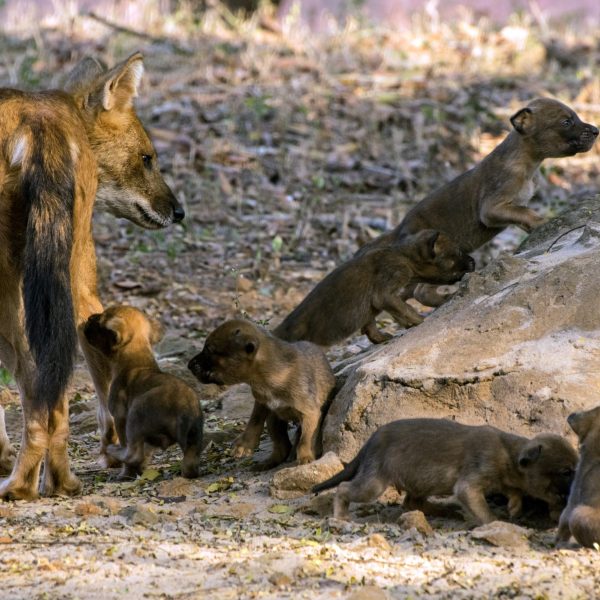
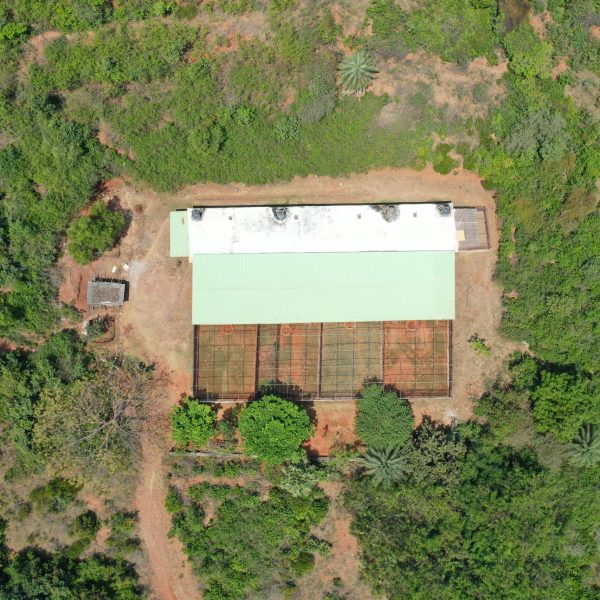
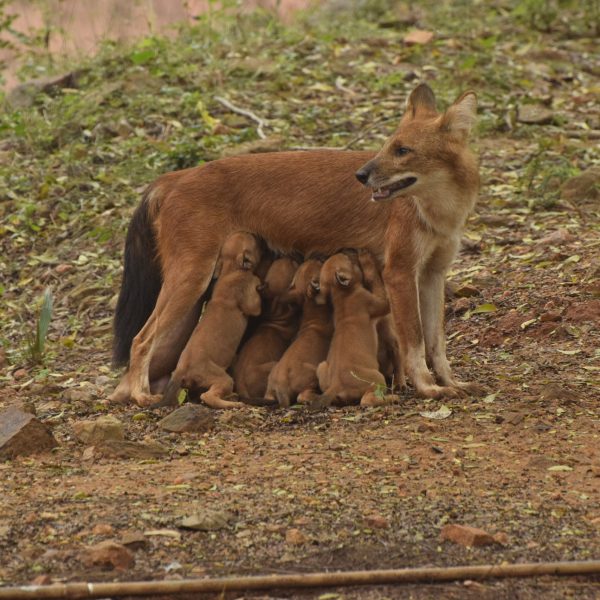
© Copyright 2025, Vizag Zoo. All Rights Reserved.